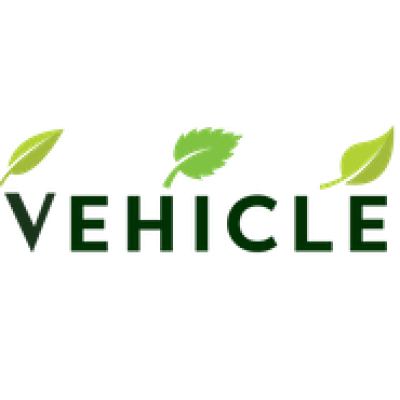
VEHICLE
Valorise Extensive quantities of HemIcellulosic and Cellulosic sugars from Lignocellulosic biomass into high-value End products

Valorise Extensive quantities of HemIcellulosic and Cellulosic sugars from Lignocellulosic biomass into high-value End products
Modern pulp mills seek to valorise as many components as possible from their feedstock. This offers benefits to both the pulp mills – making them more profitable – and society, by reducing the environmental impacts. However, this process faces a number of challenges, including low technology readiness levels and competition from cheap fossil fuels. For second-generation biorefineries, it is vital to overcome these challenges.
For pulp mills, the main side-stream is hemicellulose-containing process liquors, which have little commercial value, given the difficulties isolating and purifying the hemicellulose carbohydrates. However, the high level of hemicellulose in both hard and soft woods represents a vast untapped carbohydrate resource available for production of high-value products. It also represents a large potential revenue stream for modern biorefineries, helping underpin their long-term viability.
The VEHICLE project will demonstrate novel biotechnological and non-biotechnological technologies for valorising dilute hemicellulose-containing side-streams from pulp mills.
As well as its main objective of increasing the overall viability of biorefineries, notably pulp mills, the VEHICLE project aims to deliver on a number of objects. Specifically, it will:
The VEHICLE project aims to enhance the business potential of existing and future European biorefineries. It also aims to have specific impacts. It will: